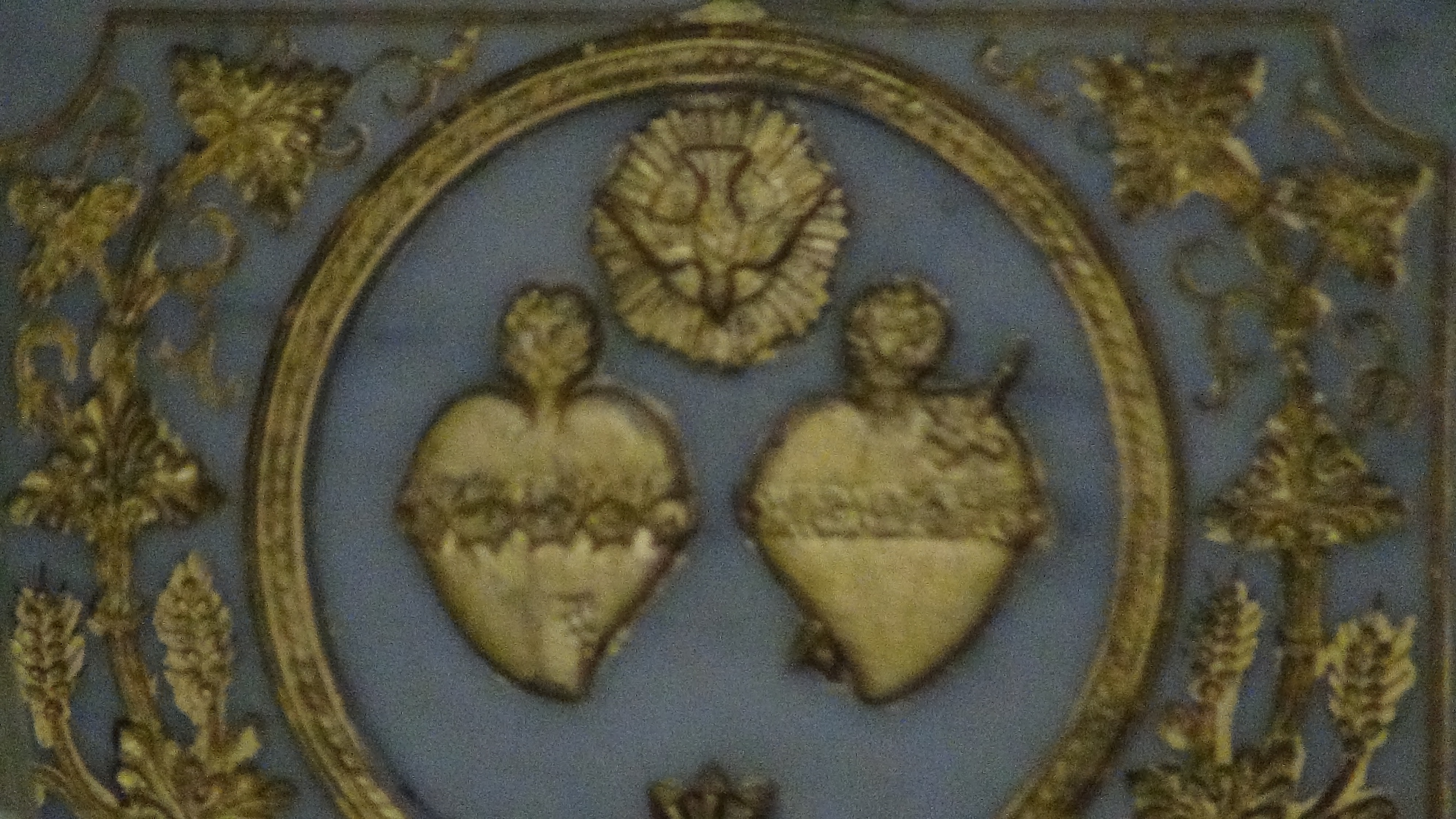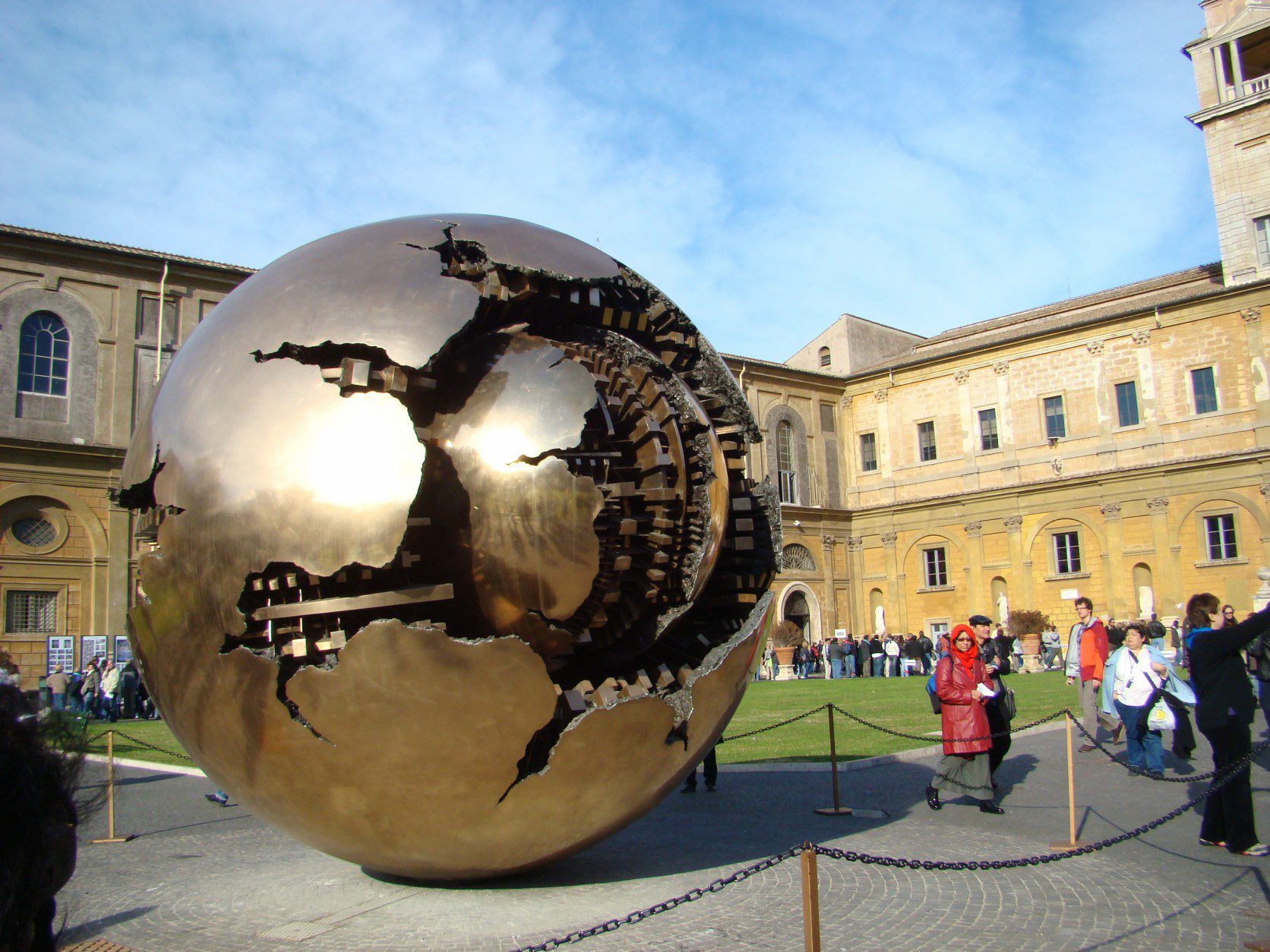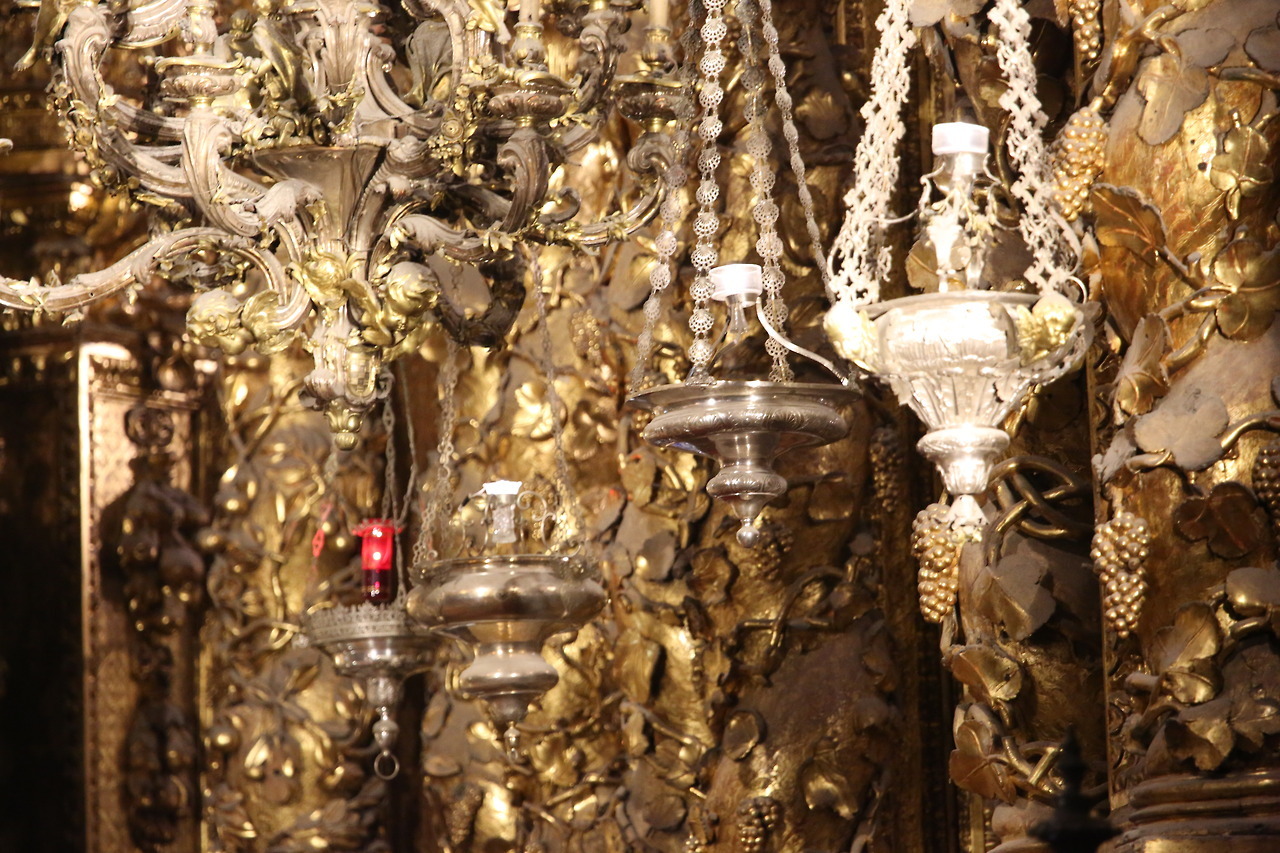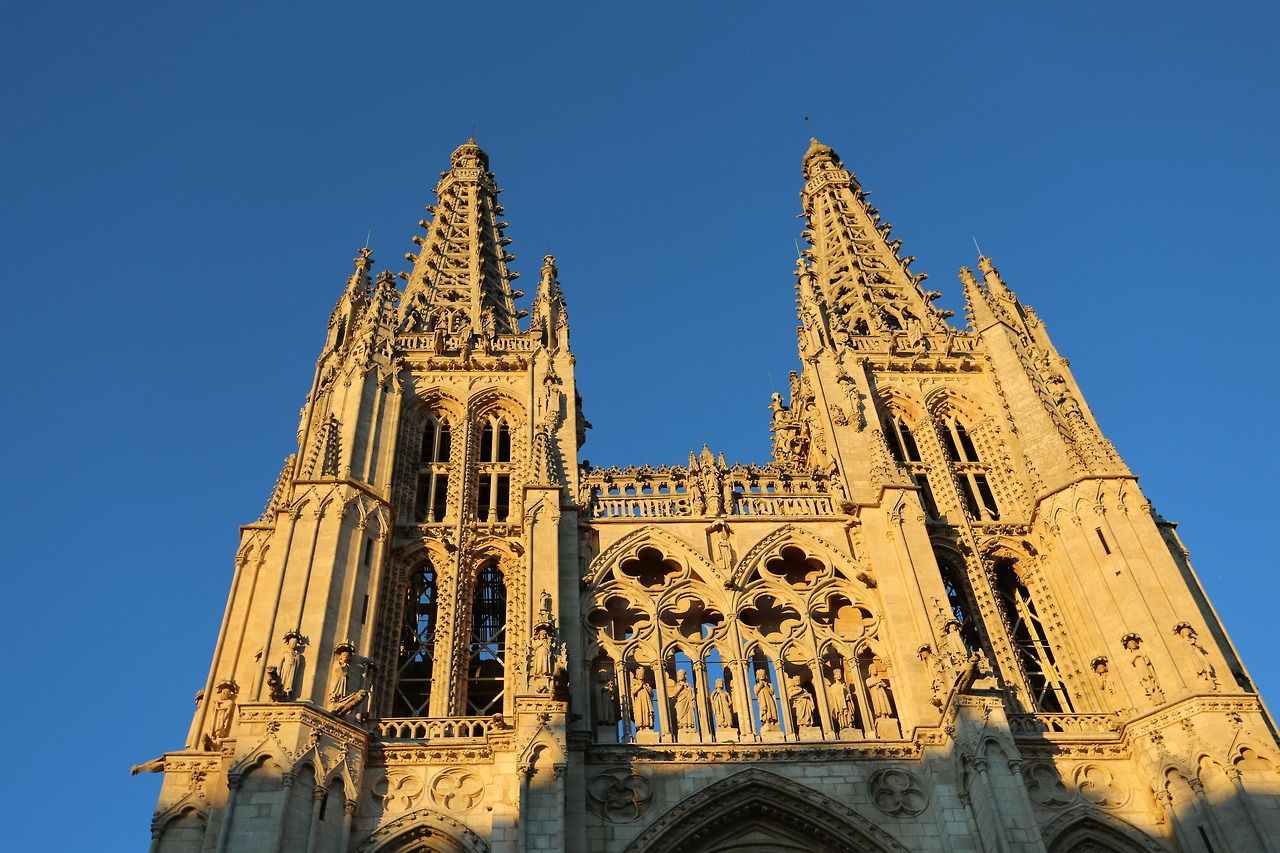Sir. 3: 17, 18, 20, 28-29; Ps. 68: 4-7, 10-11; Heb. 12: 18-19, 22-24a; Lk 14: 1, 7-14
Inward humility manifests itself in outward charity for Christian perfection. The Lord speaks to our sense of justice and our call to Christian perfection in two statements. First is “God in your goodness, you have made a home for the poor” and then he says “Rather, when you hold a banquet, invite the poor, the crippled, the lame, the blind; blessed indeed will you be because of their inability to repay you”. First, we recognize God is good and in his “goodness” he cares for the “poor” and we all share in being among the poor. Second in our poverty of humanity we are to demonstrate our humility by charity to the poor that is among ourselves for Christian perfection. When we do good we feel good because the goodness of Christ lives in us.
God’s home for the poor is the tabernacle in the sacred heart of Jesus. He is “the mediator of a new covenant” we receive in the Eucharist, “the sprinkled blood that speaks more eloquently” to live is us that we may be at home in our being in Christ. The poor is not a class system of disparities between the “haves and have nots”. We all share a poverty we bring to Christ as an offering and let his will be done.
The word of God was often spoken in parables to be understood by the spirit of God at various levels of understanding for “The mind of a sage appreciates proverbs”. There are for example the poor who suffer economic stress having to choose between buying food or buying their medications. There are the poor of health suffering from chronic illness, trauma, or genetic conditions. There are the poor in spirit who suffer from anxiety, depression, obsessions, and/or abandonment. There are also the poor in grace who suffer from separation from God crippled by sin, blind from God’s presence.
The Lord’s response to all the poor is, “you have approached Mount Zion and the city of the living God…and God the judge of all, and the spirits of the just made perfect, and Jesus the mediator of a new covenant…”. In our poverty spiritual and corporal, we come to Jesus the just judge to be transformed into the “just made perfect”. How are we made perfect given our own weakness, sinfulness, poverty and brokenness? When we do good, we feel good because the goodness of Christ lives in us to be made perfect in Christ. Christ says, “My child, conduct your affairs with humility, and you will be loved more…the greater you are, and you will find favor with God.” When we recognize our own poverty before God, we give life to our spirit of humility and our actions are transformed into charity for a greater good.
Our call is to be perfect as our heavenly Father is perfect and it begins in humility and leads to charity. Jesus says, “Learn from me, for I a meek and humble of heart; and you will find rest for your souls” (Mt. 11:29) For this perfection we cultivate a temperance among all virtues, love without selfishness is not about what’s in it for me; obedience without servility is about what is good for both not one over the other; patience without weakness is standing firm in our faith, firmness without pride is honesty, courage without recklessness is prudence, and authority without haughtiness is justice with a heart of love.
Finally, I want to do a “shout out” for the souls in purgatory with the reminder that “alms atone for sins.” The souls in purgatory suffering in the “flames of fire” hunger for atonement of their sins. They thirst for water that quenches their suffering and our prayers, Masses, offerings of charity in remembrance of them is water that quenches. I just finished the book titled Hungry Souls on the apparitions of the souls in purgatory to many people. What all these souls have in common is they seek some form of atonement by the person they appear to while in purgatory to shorten their suffering and time in purgatory on their path to heaven. This is perfect charity to make atonement for the souls in purgatory “because of their inability to repay you. For you will be repaid at the resurrection of the righteous.”
I say again, “When we do good we feel good because the goodness of Christ lives in us.” We just may be shortening our time in purgatory in atonement of our own sins in perfect charity. We are all called to be saints and heaven is waiting to receive saints. Purgatory is waiting to purify the souls who died short of Christ’s perfect call. Let us pray to receive the grace to follow the call to perfection while there is time.













Recent Comments